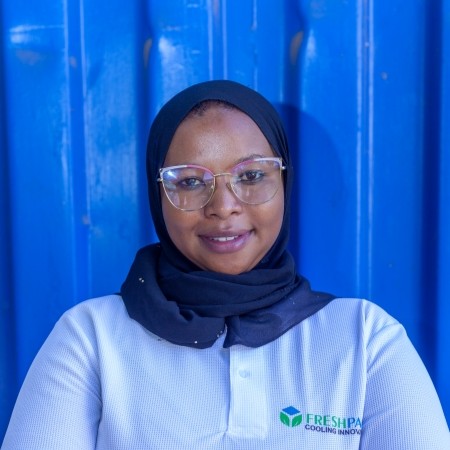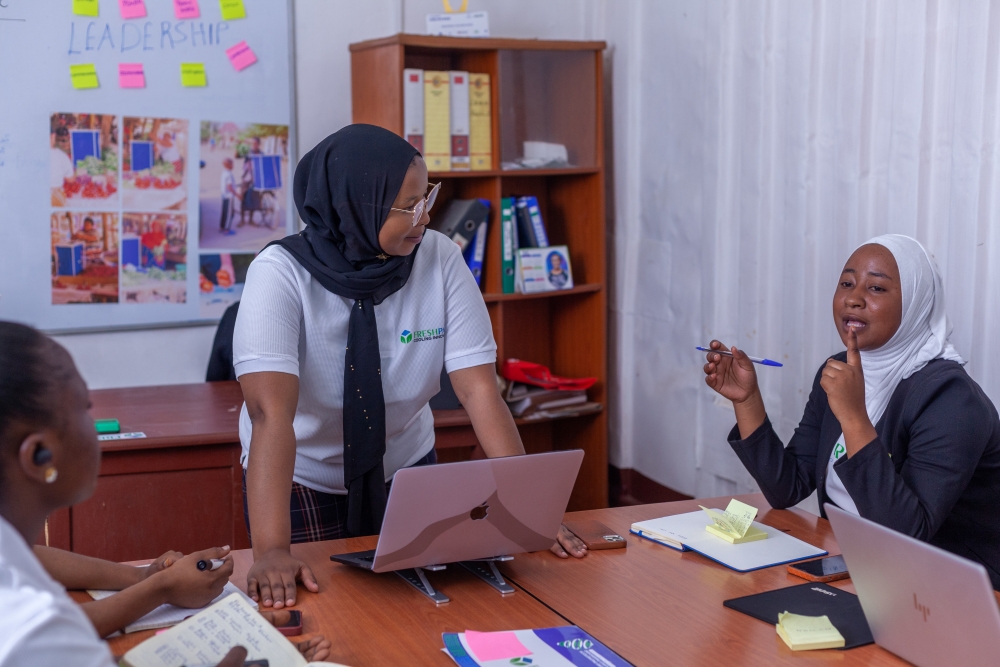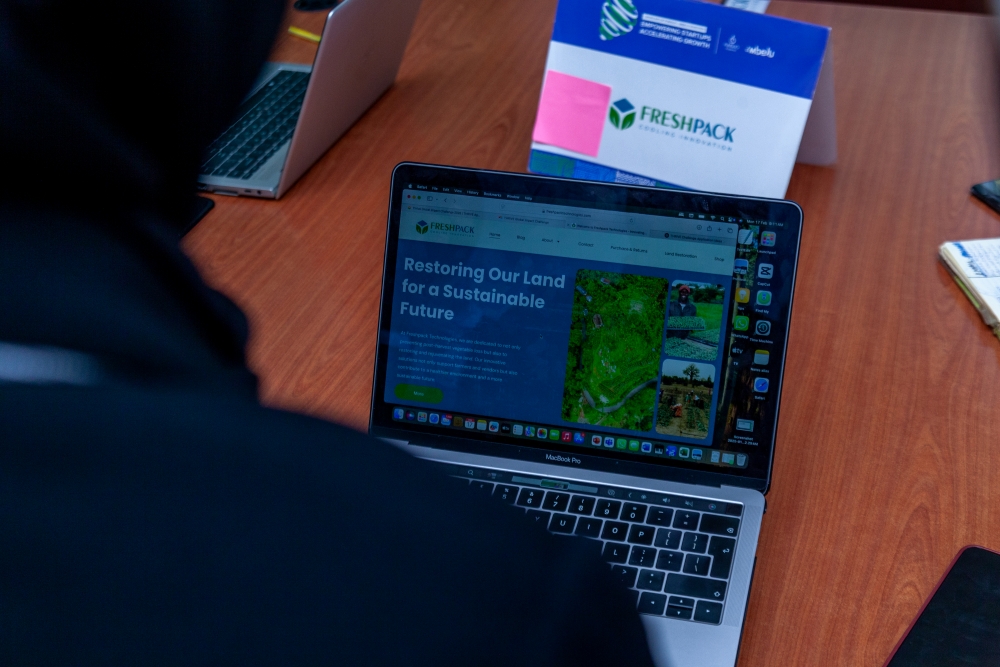Founded by Tanzanian Social Entrepreneur Editha Mshiu, FreshPack is a groundbreaking cold-storage solution designed to combat post-harvest vegetable loss.
Editha’s story
Growing up in the rural village of Kilimanjaro in Tanzania, Editha was raised by her mother, a hardworking vegetable seller who struggled with post-harvest losses. With no access to refrigeration to keep produce fresh a significant portion of her earnings was lost because of spoilage – an issue for vendors throughout Africa.
About 600 million people in sub-Saharan Africa lack access to electricity, and in Tanzania, an estimated 250,000 tonnes of vegetables are wasted annually, resulting in an economic loss of more than US$7.7 million. Witnessing her mother’s struggles first-hand, Editha was determined to find a cost-effective and practical solution that did not require access to expensive refrigeration or an electricity supply.
She pursued a degree in Agriculture, Economics, and Agribusiness at the University of Agriculture in Morogoro, later earning a postgraduate opportunity to study Horticulture in Israel. During her time there, she observed how advanced storage solutions kept produce fresh for weeks. This included the use of innovative new materials to keep produce cool. Inspired by what she had seen, she set out to develop an affordable, electricity-free preservation system, tailored to the needs of small-scale farmers and vendors in her home country.
The innovation
Editha collaborated with engineers to develop an innovative cooling system inspired by the human body’s natural temperature regulation. Just as skin shrinks in the cold and sweats in the heat, the FreshPack boxes use two key materials that mimic this: a smart fabric crafted from recycled plastic and a phase-change material that helps regulate temperature. When vegetables are placed inside the 54×45×39.35 cm FreshPack box, the fabric absorbs excess heat, transferring it to the phase-change material, which shifts from solid to liquid, effectively cooling the contents by up to 6°C below ambient air temperature.
To sustain this cooling effect, vendors add water, creating an evaporative process – much like human sweating – that releases heat outside the box while keeping the inside cool and humid. This self-sustaining system ensures produce stays fresher for days, reducing food waste without relying on electricity or ice.
The team introduced a rental model, better matching the needs of small-scale farmers and fruit and vegetable vendors. For just US$0.65 a day, vendors can rent a FreshPack box to extend the shelf life of their produce and minimise financial losses regardless of their income level.
Making a difference
Since its 2023 launch, more than 720 units have been sold, key agricultural partnerships secured, and multiple grants awarded. To date, FreshPack has impacted over 3,000 women, including distributing more than 3,700 boxes to local women in Mvomero and Morogoro, helping them reduce spoilage by 30%, increasing their income, and strengthen food security and sustainability.
Building on its early success, Editha plans to scale production and expand into new regions. They plan to introduce further a solar-powered display box rental service to improve accessibility for vendors while creating a sustainable revenue model. The team also aims to increase production capacity for the FreshPack box, expand across East Africa, and develop cold carrier solutions for vegetable transport, ultimately ensuring that more farmers and vendors can benefit from affordable, electricity-free preservation and cold-storage technology.

We designed FreshPack for farmers, vegetable vendors, and stakeholders across the agricultural value chain to help preserve fresh produce. Our smart boxes extend the shelf life of vegetables and reduce post-harvest losses, providing a sustainable solution for food preservation. The Africa Prize will provide us with dedicated mentorship which will help us to refine our business and will allow us to access a network of investors and partners across Africa.


